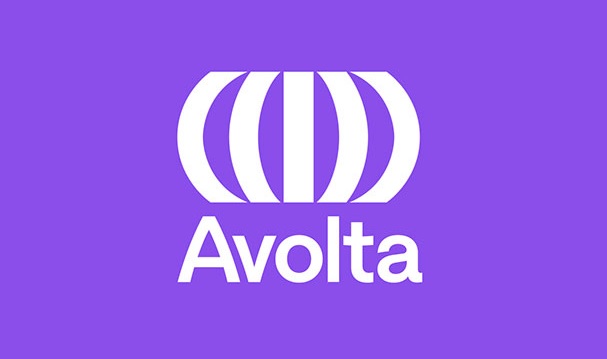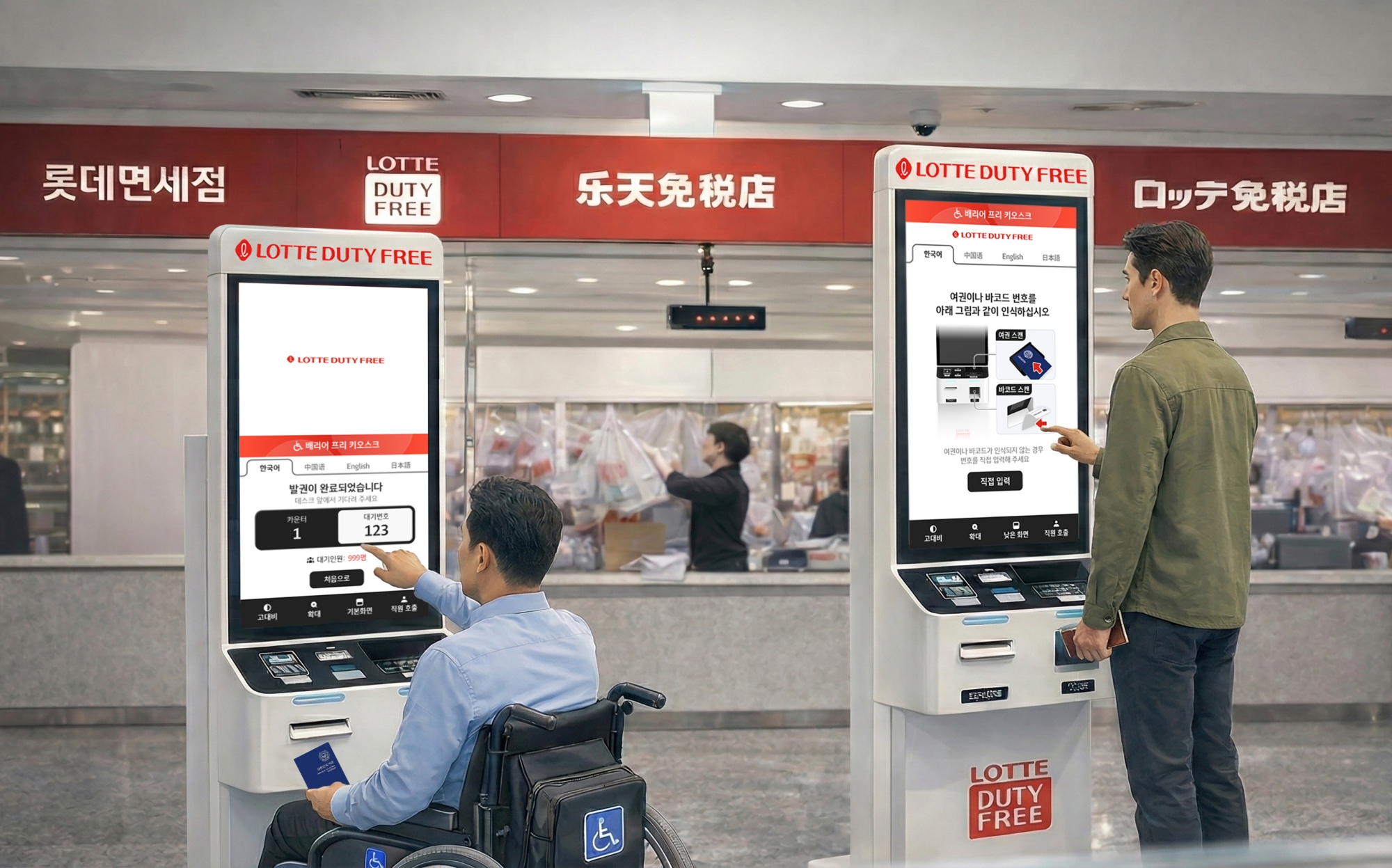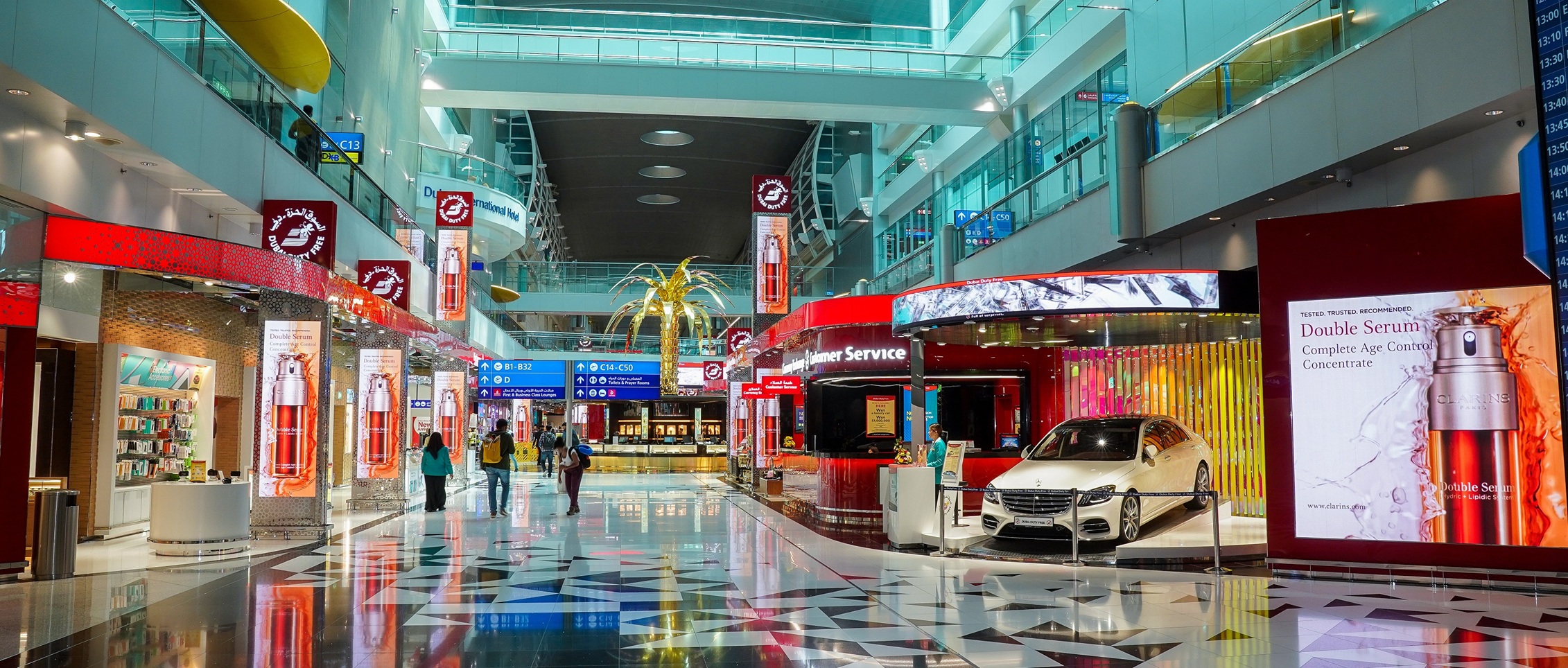November 9, 2025
Building regional power: Bernard Schlafstein drives Heinemann’s next phase in Middle East and Africa
As CEO of Heinemann Middle East and Africa, Bernard Schlafstein leads ambitious expansion from a new Jeddah flagship to a growing African footprint

Gebr. Heinemann’s Middle East and Africa (MEA) business is entering a new chapter of growth fueled by investment in infrastructure, people and regional autonomy. Ahead of this year’s MEADFA Conference in Dubai, Global Travel Retail Magazine spoke with Bernard Schlafstein, CEO of Heinemann Middle East and Africa, about how the company is accelerating growth, now that its Dubai regional headquarters are fully operational.
After relocating to Dubai this year, Schlafstein sees the move as a turning point. “It has brought us closer to the market, including our customers, landlords and brand partners,” he explains. “A new small and very agile distribution center in Dubai will strengthen our supply chain, and our expanding team will provide stronger, more responsive support for external customers.”
A major step in Saudi
Saudi Arabia has become an important market for Heinemann’s growth and development. Just this September, the company’s joint venture, JAH Arabia International Duty Free LLC – a partnership between Gebr. Heinemann, Astra Group and Jordanian Duty Free Shops – opened its retail operation at King Abdulaziz International Airport in Jeddah under the Jeddah Duty Free brand.
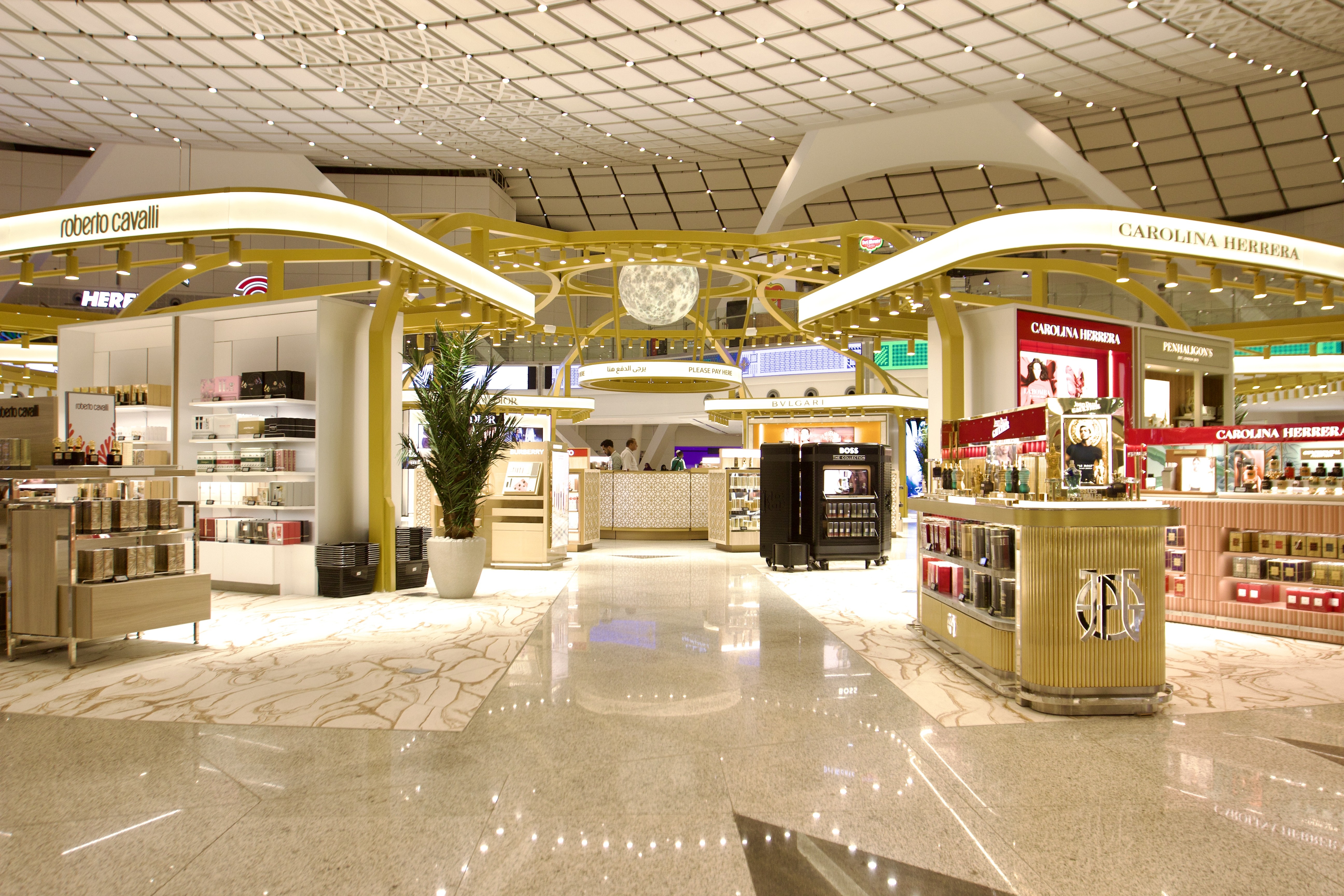
Covering more than 11,500 square meters, the store combines global luxury with regional products. “We aimed to deliver a world-class shopping experience that reflects the airport’s character and the country’s culture,” Schlafstein explains.
The opening took 21 months from contract signature to launch. Schlafstein recalls the complexity of the project: navigating customs regulations, recruiting a Saudi-majority workforce and resolving challenges ranging from Wi-Fi issues to water leaks. “These challenges were all part of the journey,” he says with a smile. “We are happy with the early performance. I have seen numbers today that are very strong.”
Schlafstein credits the joint venture model for its success. “Our collaboration with Astra Group and Jordanian Duty Free Shops, along with our partnership with airport operator JEDCO, made this possible,” he notes. “Partnerships like these enable us to pursue new opportunities across retail channels and learn directly from the market.”
Heinemann’s investment in Saudi extends beyond airports. The company has partnered with AROYA Cruises and continues to explore opportunities in wholesale and supply chain. “Saudi Arabia remains an important focus market for us,” Schlafstein adds. “We see great potential and long-term promise.”
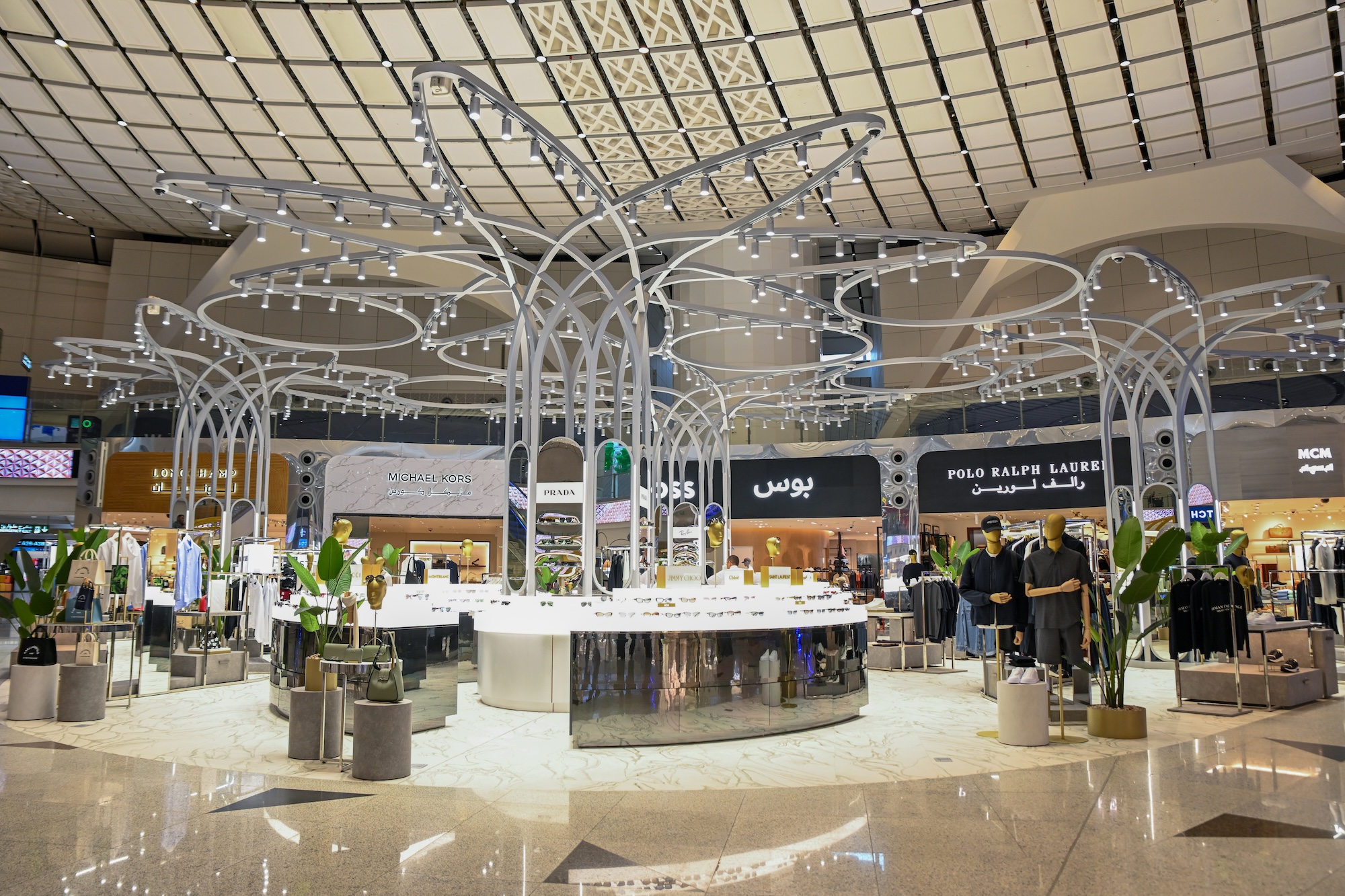
Africa’s expanding opportunity
For Schlafstein, the Middle East and Africa are interconnected markets with shared potential. “The Middle East is also a bridge to Africa,” he observes. “I am a big fan of the opportunity in Africa. It is developing fast, and each country is unique. Our strength lies in adapting to these differences and building trust locally.”
Wholesale drives Heinemann’s African strategy. Since 2022, Heinemann has tripled its African wholesale turnover. The company now supplies 40 countries and operates retail or joint ventures in South Africa, Nigeria and Egypt. “We are the biggest wholesaler in Africa,” Schlafstein says. “We keep adding new customers every month and remain open to partnerships, even in smaller airports that handle 200,000 passengers a year,” explaining that smaller airports often can’t manage supply chains themselves. “They rely on partners like us.”
The company’s partnership with Big Five Duty Free in South Africa remains strong, with further expansions under discussion. Schlafstein also sees long-term potential in Ethiopia, Kenya and Angola as infrastructure and travel demand rise.
Dubai’s position as a regional hub also supports growth in Africa. “Many African entrepreneurs actually operate from Dubai,” Schlafstein notes. “They manage their businesses across Africa from there. This makes our base in Dubai even more strategic and helps us respond faster to local needs.”
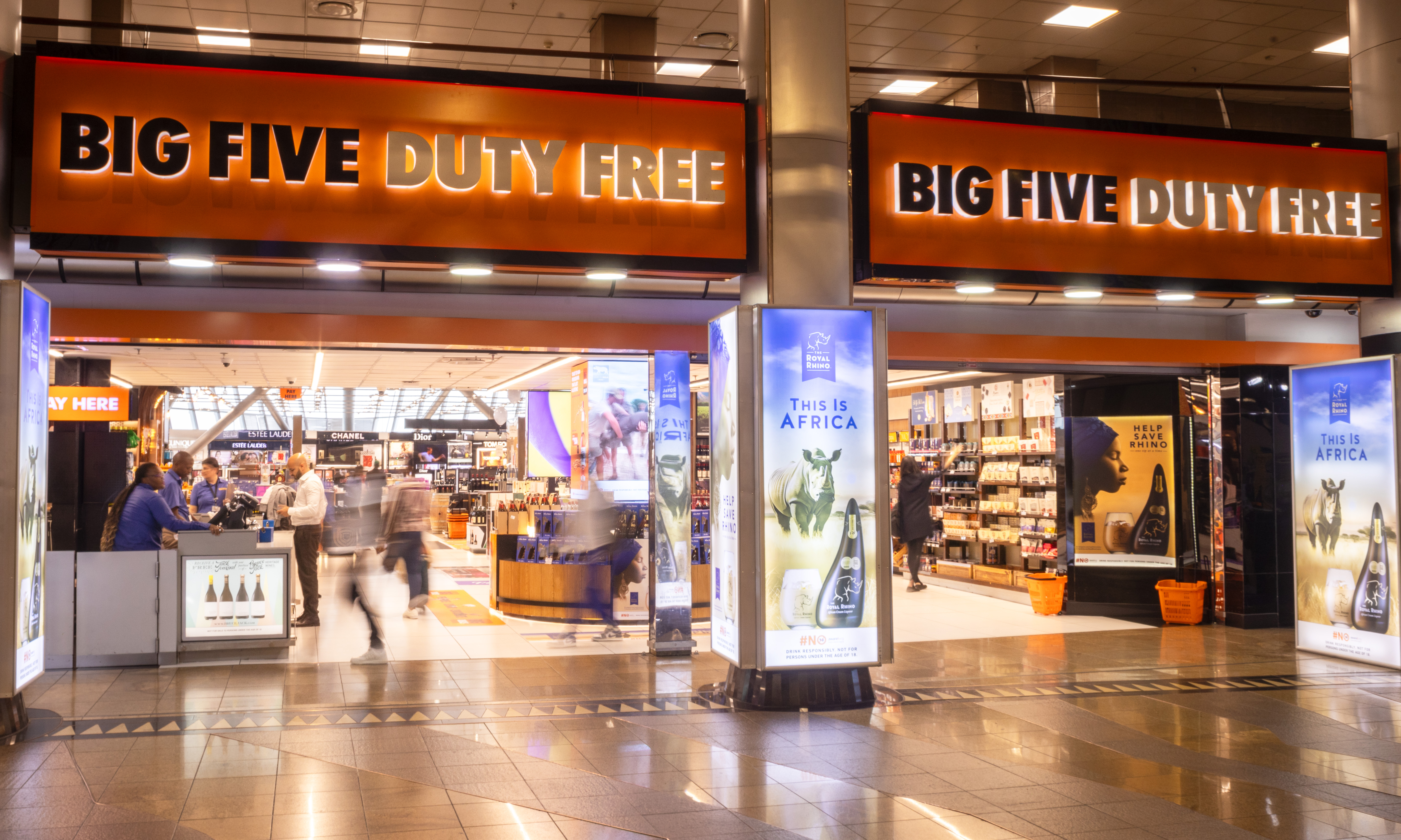
The long game
Schlafstein acknowledges the market’s current volatility. “Instability has become part of the global context,” he says. “Geopolitical tensions, inflation and regulatory shifts are constants. We stay agile by adapting to each market.”
That agility stems from Heinemann’s operational model, which combines distribution with close collaboration across marketing and operations. The company’s new Dubai distribution center dramatically cuts delivery times. “Containers from Hamburg can take two months to reach parts of Africa,” Schlafstein explains. “From Dubai, we can now supply Ethiopia in four days.”
A second logistics hub in Istanbul, opening in 2026, will serve the wider region. Together, these centers create a faster, more sustainable supply chain that strengthens regional resilience and growth.
This operational flexibility supports Heinemann’s approach to product assortments. Across all regions, the company continuously refines its mix to reflect consumer trends. “In the Middle East, shoppers are gravitating toward niche fragrances and products that express their culture,” Schlafstein observes. “Local brands resonate because they reflect identity and authenticity.”
Luxury fashion and locally made goods remain strong performers. “If you’re in Saudi Arabia, you want to see Saudi products,” he adds. “Travelers are increasingly seeking items with an authentic connection to place.”
“We design assortments around local preferences,” Schlafstein says. “What sets us apart is our ability to create environments where architecture, marketing and guest experience work together.”
On a global level, Heinemann faces another challenge: a decline in spend per passenger. “Travelers today are more discerning,” Schlafstein notes. “We need to turn them into shoppers by creating spaces that engage and assortments that inspire purchase.”
To meet that goal, the company launched a data-driven global assortment initiative. “We now manage our assortments with greater precision and commercial impact,” he says. “Our focus is on using data and market insight to build a truly consumer-driven offer that fuels long-term growth and stronger loyalty.”
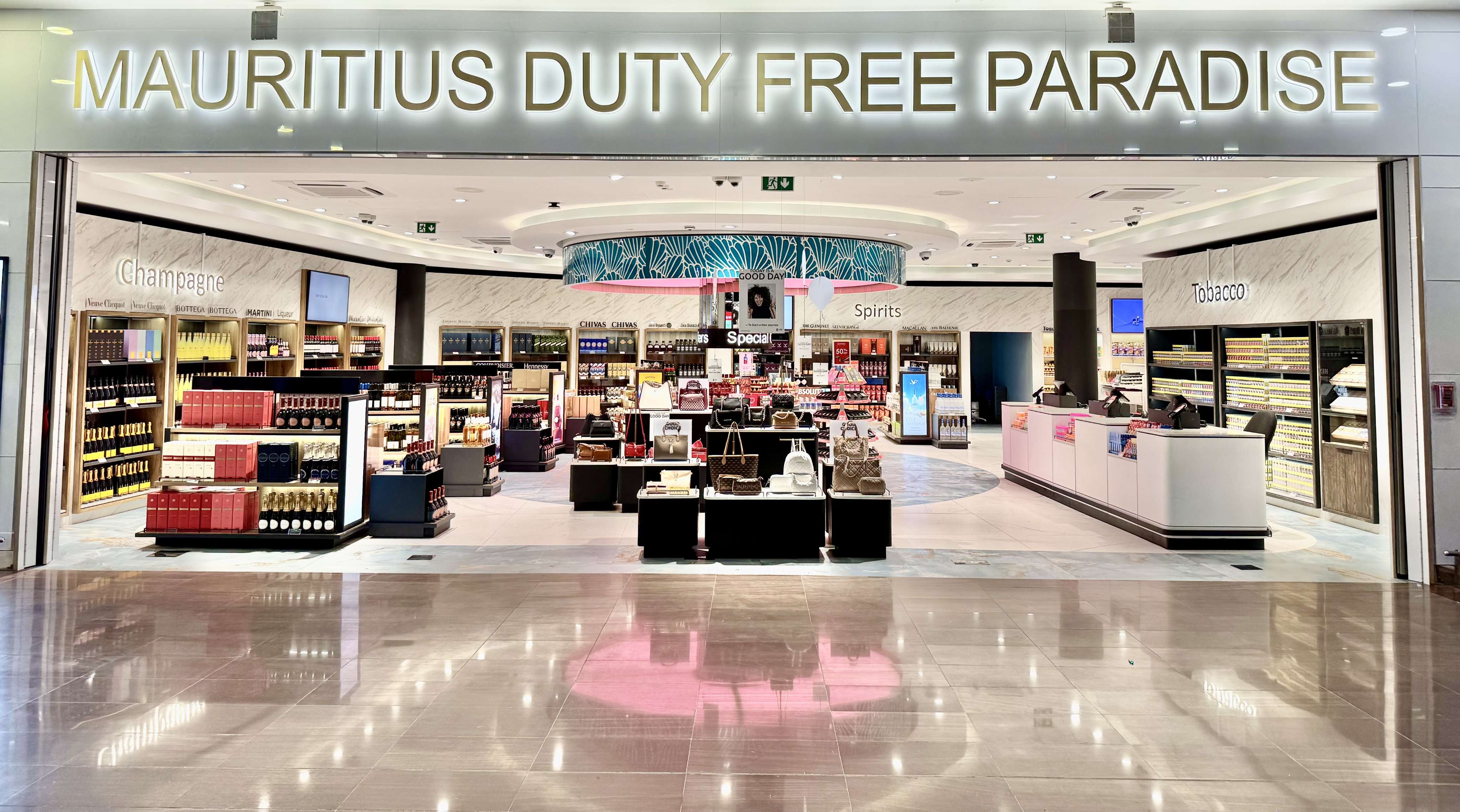
Perspective and purpose
Schlafstein’s leadership style is a mixture of both pragmatism and patience. Both are qualities shaped by decades working in international markets ranging from Russia, Ukraine, Lithuania, Turkey and more. “I have faced tough situations across different regions,” he reflects. “The key is to stay calm, monitor closely and make decisions with long-term impact.”
He grounds his leadership in cultural awareness. “Living between different cultures teaches you respect,” he says. “You learn how to integrate into different environments and adapt your approach.”
His track record shows consistent success as he steps into his new position in Dubai. “You have to believe in yourself, your team and your long-term vision,” Schlafstein concludes.


